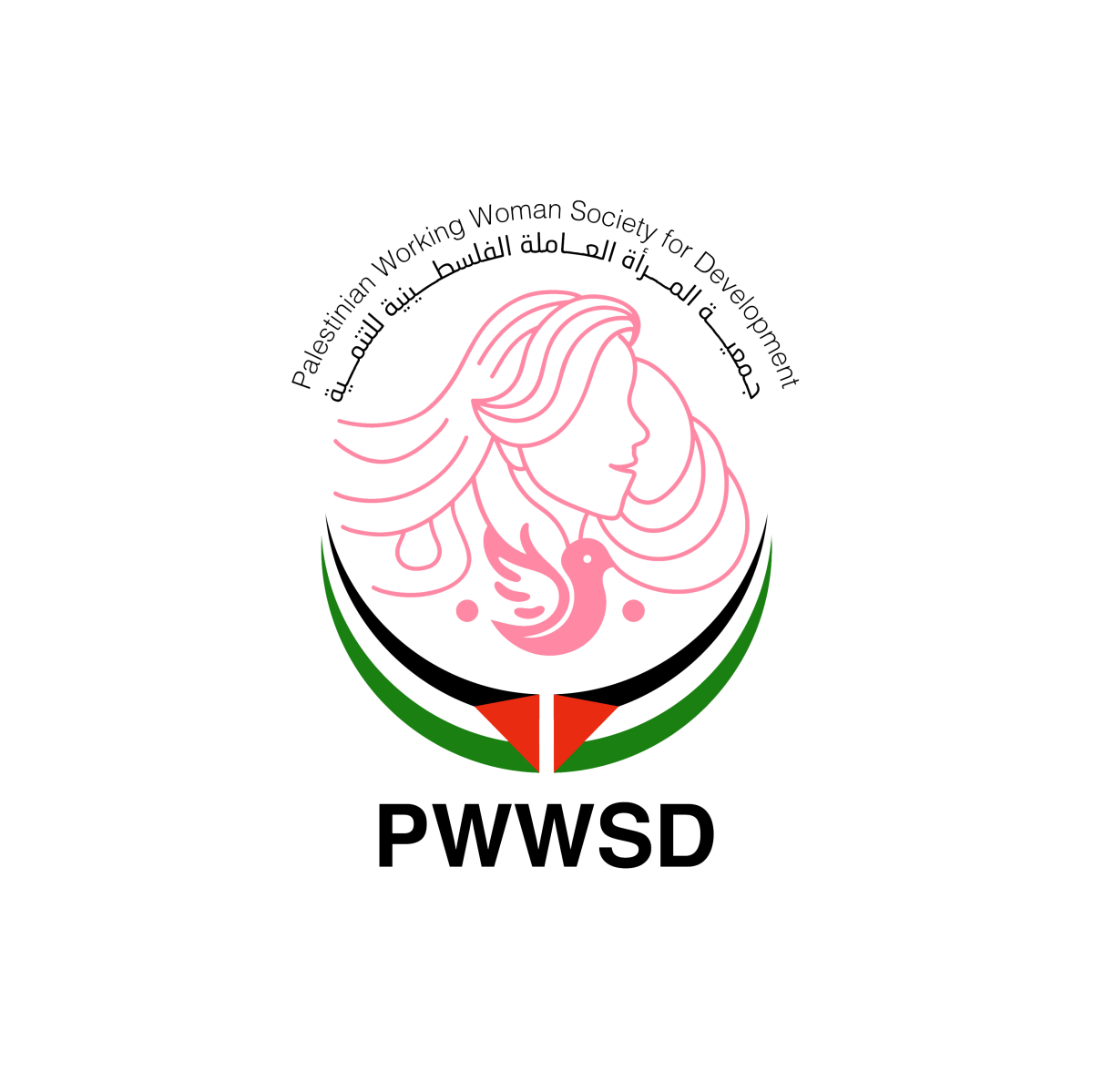التحديات البيئية من منظور النوع الاجتماعي في فلسطين
يسليط البحث الضوء على الوضع البيئي الفريد في فلسطين، والذي يتميز بضعف الوعي البيئي بشكل عام، والآثار السلبية للاحتلال، ومحدودية السيطرة على الموارد الطبيعية، وتشتت الصلاحيات وضعف السلطة الوطنية الفلسطينية. هذا الواقع الخاص أدى إلى مجموعة من الاستنتاجات حول الواقع البيئي الفلسطيني من منظور النوع الاجتماعي.
من أبرز القضايا البيئية الرئيسية التي تم تحديدها، الاستيلاء المتواصل على الأرض والموارد الطبيعية، مما يؤدي إلى الاكتظاظ السكاني ونقص الخدمات الأساسية. كما يشير النص إلى الاستغلال المفرط للمياه الجوفية وسيطرة إسرائيل على مصادر المياه، مما يسبب التصحر وزيادة ملوحة التربة. هذا بدوره يؤثر سلباً على الإنتاج الزراعي، مع ارتفاع ملوحة المياه الجوفية. بالإضافة إلى ذلك، تم تسليط الضوء على الآثار السلبية للمستوطنات الزراعية والصناعية على البيئة والنساء العاملات فيها.
كذلك يركز التقرير بشكل خاص على التأثيرات الخاصة بالنوع الاجتماعي، حيث تتأثر النساء، وخاصة في الأسر الفقيرة، بشكل أكثر حدة من نقص السكن الملائم والخدمات الأساسية. كما تتأثر النساء الريفيات بشكل خاص من فقدان سبل العيش الزراعية بسبب التدهور البيئي. وتواجه النساء العاملات في الزراعة مخاطر صحية بسبب نقص الحماية من المبيدات الضارة.
ويشير الى المخاوف البيئية، خاصة في قطاع غزة، حيث يتم ضخ كميات كبيرة من المياه العادمة يومياً إلى البحر، مما يهدد صناعة الصيد ويسبب أمراضاً متعلقة بالمياه. كما أن نقص المياه والخدمات والاكتظاظ السكاني في غزة يدفع المنطقة نحو كارثة بيئية.
على الصعيد السياسي والتشريعي، يشير التقرير إلى أن غياب المجلس التشريعي والانقسام السياسي يعيق تنفيذ التشريعات البيئية العادلة للمرأة. كما يتم إعطاء القضايا البيئية أولوية منخفضة في جداول الأعمال الوطنية.
كما يقدم التقرير مجموعة من التوصيات، تشمل ضمان المشاركة الشاملة والتشاور مع أصحاب المصلحة في تحديث التشريعات البيئية، وتحديث قائمة الملوثات الصناعية الخطرة والمبيدات الكيميائية مع مراعاة احتياجات المرأة الخاصة، ووضع إرشادات لإعادة استخدام المياه العادمة مع ضمان السلامة الصحية.






